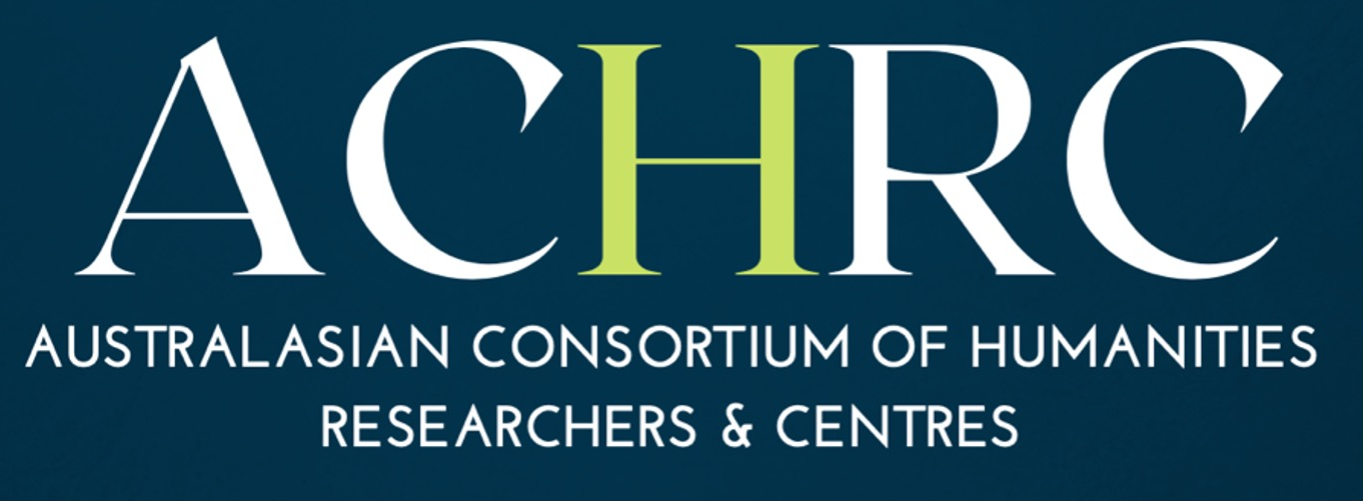Ben Green (Griffith University), David Cashman (Southern Cross University), Alexandra Blok (Griffith University)
Abstract
The Regional Music Research Group (RMRG) comprises arts and humanities scholars from Griffith University, Southern Cross University and University of New England. RMRG members have undertaken grant and consultancy research on music making and scenes in regional Queensland and New South Wales in collaboration with local communities, governments and industry. Current research projects are focused on the impact of COVID-19 on regional music, and the role of music in post-pandemic recovery for regional areas.
This presentation introduces the work of the RMRG and explores the importance of regional music scenes and their interdisciplinary study. The booming interest in ‘creative cities’ has largely eclipsed the contributions of regional and rural settings to the national cultural economy, in Australia and elsewhere. However, regional and rural music scenes are becoming increasingly diverse, significant and connected, as recognised by policy-makers seeking to harness music for local tourism and growth. While the economic case is persuasive, the study of music-making practices in regional and rural settings needs to be sensitive to a range of factors, social, economic and cultural, that impact on and are impacted by the presence of a local music scene. Apart from financial gain, which may be low compared to urban settings, regional music scenes can contribute to community cohesion and well-being, with particular significance for such groups as young people, older people, Indigenous Australians, and the migrants whose settlement in regional areas is a continuing focus of population and economic policy. These matters take on new significance in response to the COVID-19 pandemic and its social and economic impacts, including a predicted trend towards regional living. There is also a need to consider how music making across regional, rural and remote settings faces challenges and opportunities in the context of sustainability, digital technologies and the experience economy.
Presenter Biographies
Dr Ben Green is a cultural sociologist with interests in popular music and youth studies. Ben is an adjunct research fellow at the Griffith Centre for Social and Cultural Research and a sessional academic at Griffith University. He has undertaken industry- and audience-focused research in live music scenes, with policy impact including the City of Gold Coast’s Live Music Action Plan 2019-2023. Other work explores memory, affective belonging and cultural change in music scenes based on ethnographic research in Brisbane.
Dr David Cashman is a pianist, researcher, and adjunct Associate Professor at Southern Cross University. His research areas focus on live music, specifically live music performance practice, live music and tourism, and live music in regional areas. He has recently published Performing Popular Music: The Art of Creating Memorable and Successful Performances (with Waldo Garrido). Cruisicology: The Music Culture of Cruise Ships (with Philip Hayward) is due out in October. David remains an active performer in Sydney. He is a founding member of the Regional Music Research Group.
Alexandra Blok is a PhD candidate at Griffith University, Brisbane. Her current research project canvases multiple roles that music plays in strategies of regional migrants’ resettlement in Australia. The research mainly focuses on regional migrants’ well-being, engagement in local communities, participation in the regional economy, and music potential in addressing these issues. As a music manager and events producer Alexandra possessed vast experience in music-based strategies of regional development. She obtained her Master Degree in Public History, at the Moscow School of Social and Economic Science (MSSES), in cooperation with Manchester University.
